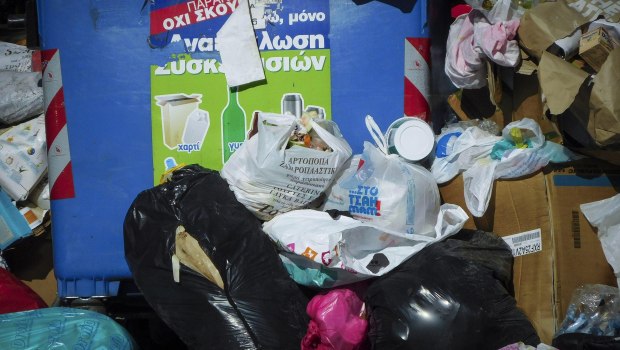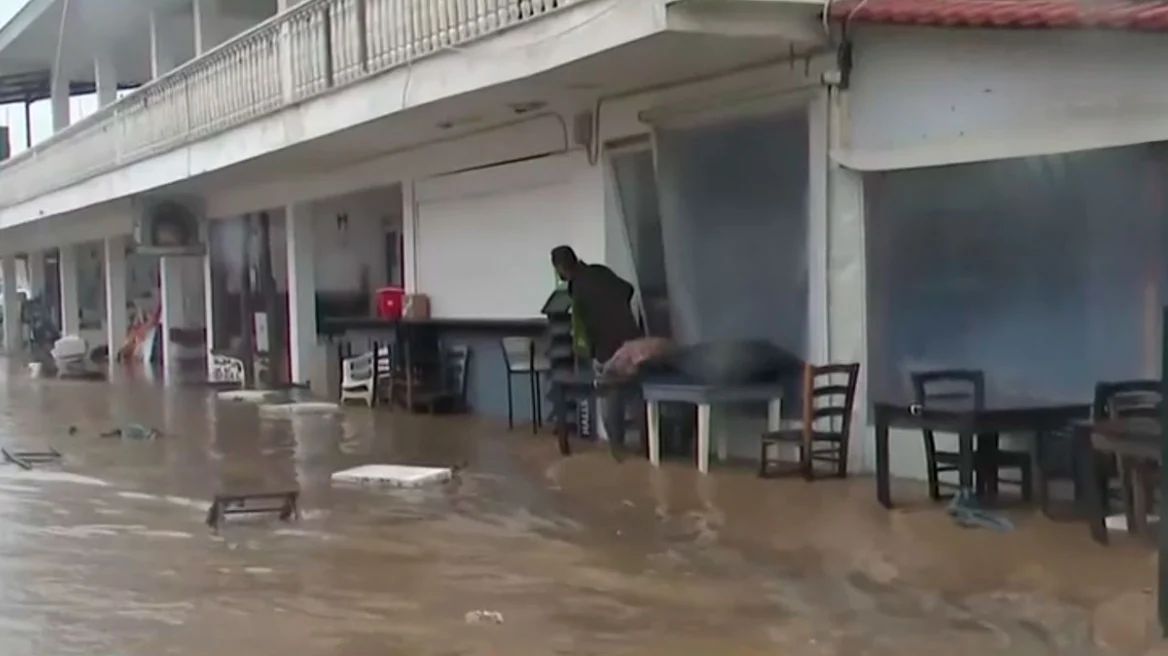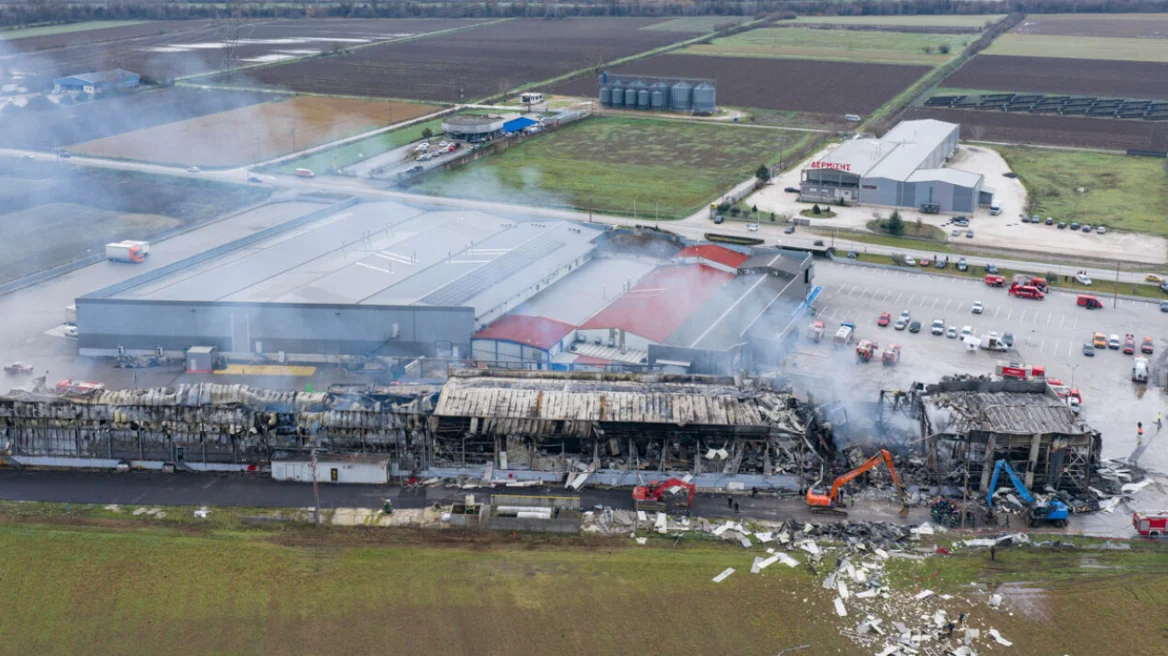Messinia Hoteliers | National conference for development of regions lagging behind
Source: Tornos News
The organization of a nationwide Conference with the participation of hoteliers, representatives of the tourism sector, and regional authorities is being proposed in a statement by the President of the Messinia Hoteliers’ Association, Dimitris Karalis.
As he emphasizes, the proposed initiative should be undertaken by the Hellenic Chamber of Hotels and the Panhellenic Federation of Hoteliers, in order to thoroughly examine the resolution of long-standing issues that hinder the developmental course of tourism in areas of the country that lag behind others in terms of revenue.
The main issues that urgently require solutions, according to Mr. Karalis, are:
the uncontrolled competition from the operation of short-term rental accommodations such as Airbnb,
the constantly increasing operating costs due to energy, supply chains, taxation, and insurance systems,
and the above, combined with the difficulty in finding human resources, severely affect small and medium-sized hotel businesses, which make up 90% of the country’s accommodation capacity.
At a time when small and medium-sized hotel enterprises are struggling to maintain acceptable levels of quality services, there is a noticeable lack of support from the State, Mr. Karalis stresses. This approach clearly demonstrates that the contribution of the sector—so critical to GDP—is still being underestimated.
All this, he notes, is happening while tourism continues to be a pillar of support for the national economy, as in the first half of 2025 alone, the surplus from travel services reached approximately €6 billion, covering a large part of the overall current account deficit.
Mr. Karalis goes on to state:
“…The insights from the 24th Global Summit held in Perth, Western Australia, remind us that sustainability, resilience, and inclusion are urgent priorities. With initiatives such as Together in Travel, which empower SMEs globally, small businesses now have more tools than ever to connect, innovate, and thrive. Unfortunately, this has not been evident in Greece, where the average stay decreased by 9.6% and travel spending dropped by 7%, at a time when there is no accessibility to financial tools or the support provided through European programs.
At the same time, recent geopolitical and climate developments, along with constantly changing tourist trends and preferences—further influenced by economic conditions—undeniably remain the most critical factors affecting travel activity. This conclusion is also supported by research from the World Tourism Organization. According to a recent study by the World Travel and Tourism Council, titled The Future of Work in Travel and Tourism, it is noted that ‘Tourism and Travel represent a global employment powerhouse, supporting one in ten jobs worldwide. For millions of young people in nearly every country, jobs in our sector offer a source of income.’
All these hindering factors are more evident in the Peloponnese, which, despite its enormous development potential, remains a ‘laggard and forgotten’ region in terms of tourism development. This is despite being a reference point due to its historical and cultural heritage and its rich tourism offering. We observe, therefore, that the State does not practically recognize the value that the Peloponnese rightfully holds, resulting in it remaining underdeveloped compared to other regions of Greece. And this is despite the fact that, according to data analysis from reputable online and social media analysts, in the third quarter of 2024, the Peloponnese received an average score of 9.2/10 across all categories (compared to 9.1 for Greece overall and 8.8 for Europe). While the actual value and quality of the destination are perceived as very high by visitors, this contrasts with the low occupancy rate, which in Messinia specifically does not exceed 50% on average, leading to serious consequences for year-round hotels.
Crowning all these negative developments, the most pressing issue to be addressed by the State remains the operation of short-term rentals, which not only threaten the survival of legally operating hotels but also cause problems in local communities by depriving critical sectors of housing, such as healthcare, security, and education. The Airbnb phenomenon has triggered multiple negative consequences in Messinia and the Peloponnese more broadly, which urgently require initiatives to regulate the operating framework. For example, according to the latest figures, by mid-September there were nearly 1,700 Airbnb properties listed in Messinia, over 1,000 of which were in the regional capital. Notably, in September, the total number of active properties (those listed or booked for at least one day) on short-term rental platforms in Messinia reached around 2,967. These numbers highlight the extent of Airbnb’s penetration in the region.
It is therefore clear that evidence-based policymaking, tailored to the specific characteristics of each region, is essential for effectively addressing the issue. For these reasons, we call on the bodies that represent us to take the initiative to organize a Nationwide Conference, where hoteliers and representatives of tourism stakeholders and regional authorities across the country will be invited as directly interested parties. Beyond coordinating necessary actions for the general problems outlined, there must be a clear framework for managing and addressing the issue of short-term rentals, according to the capacities and resilience of each region, in line with international practice.”
The original article: belongs to Tornos News .


